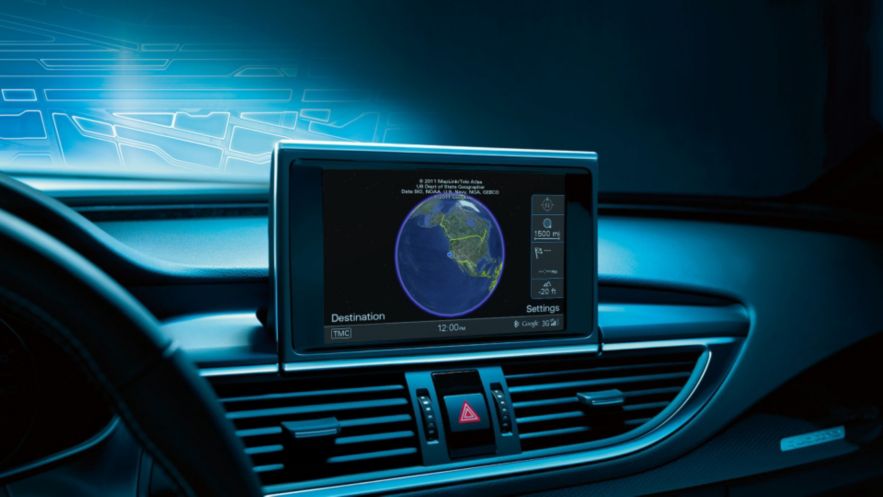“If there’s one number I’d like you to remember, it’s 19 trillion.” Cisco CEO John Chambers told the 2014 International CES during his keynote speech earlier this week.
Chambers was referring to the economic value of the Internet of Things or machine to machine technologies as they get rolled out across society, but who pays for the connectivity?
In the case of the smart home, office, factory or farm the data costs go onto the existing internet bill, but once you get out of the office or on the road then the bills start mounting up as systems start connecting to a cellular or satellite network.
Certainly the telcos see the opportunity with Ovum Research predicting telco’s M2M revenues will grow to reach US$44.8bn over the next five years.
While for logistics companies and similar businesses this will be just another cost of doing business, for many consumers being stuck with an expensive mobile data plan with their smart car might not be attractive.
As car manufacturers start to push their vehicles as being more like smartphones, suddenly the choice of network provider, compatibility with apps and operating systems starts to become a valid concern.
In that world, choosing a car on the basis of which telco it connects to is a sensible idea.
Of course it may be that consumers may not own cars by the end of the decade. The vision of companies like Zip Car and Uber is that we just call for a towncar or pick up a share car when we need one.
Certainly that vision makes sense from an economic perspective and the trends right now show that millennials are nowhere near as interested in cars as their parents and grandparents were.
As with every technological change, it’s not always obvious in the early days how things will pan out. In 1977 the founder of Digital Equipment Corporation Ken Olsen said, “there is no reason anyone would want a computer in their home.” Within 15 years he was proved very wrong.
The motor car drove western society during the Twentieth Century and to assume we’ll continue to use it the same way in the 21st is as flawed as believing a hundred years ago that we’d continue to use horse carriages the same way as previously.
So the assumptions about where money is to be made with the Internet of Things may turn out to surprise us all.

Leave a Reply